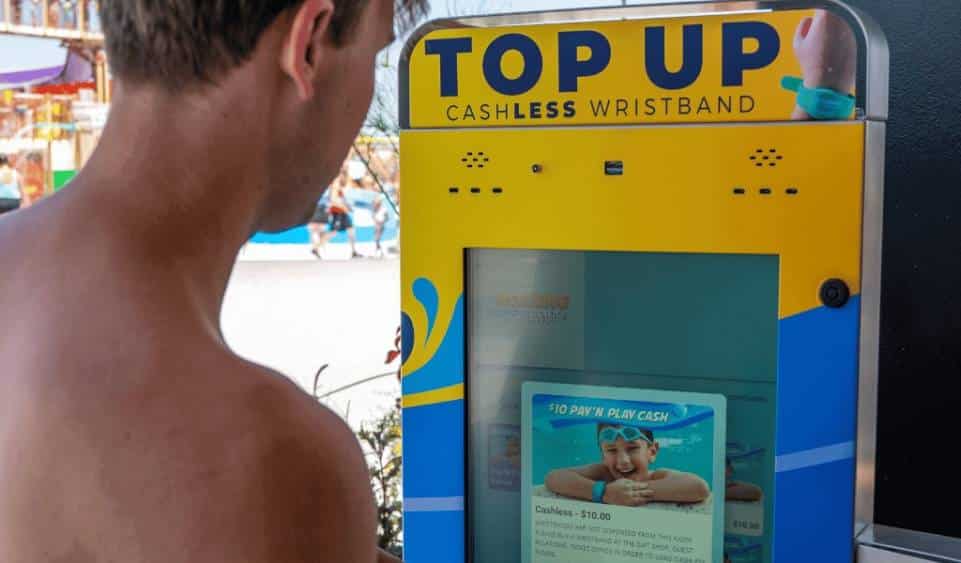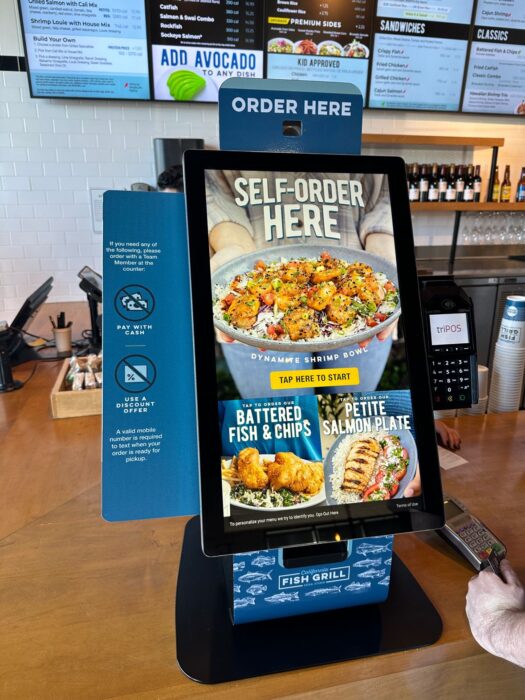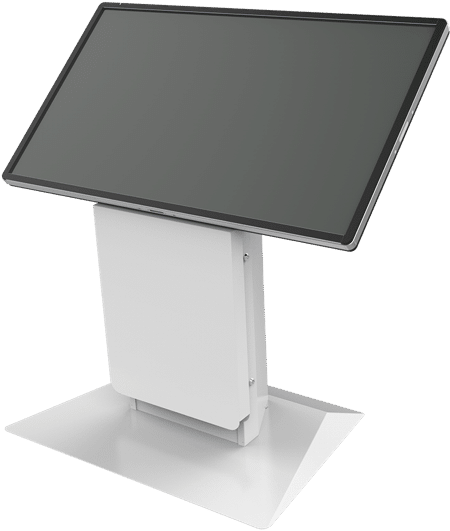Since the pandemic, the concept of self-service has transformed from simple convenience into a cornerstone of customer interaction.
In the past, we considered self-service to be a simple, automated solution designed to reduce wait times and streamline transactions. However, its role has drastically expanded. It’s becoming more prevalent because of the technological advancements available and it’s also filling a critical need—a shortage of labor, particularly in retail, hospitality, and healthcare.
As we navigate this new economic environment, we see the need for a fresh perspective on self-service. It’s no longer just about automating processes; it’s about striking a delicate balance between technological efficiency and the irreplaceable value of the human touch.
Why It’s Time for a New Perspective
While industries have continued to search for new employees, they haven’t had a tremendous amount of success. These persistent labor challenges highlight the need for sustainable, innovative solutions, with self-service emerging as a particularly viable option.
Things like shifting demographics, evolving work preferences, and economic fluctuations, show no signs of fading. Our workforce is increasingly seeking flexible work arrangements and meaningful engagements, leading to a shortage in traditional, customer-facing roles.
The answer: Self-service technologies—because they offer a two-fold benefit. Firstly, they address the immediate issue of labor shortages by automating routine tasks, thereby allowing businesses to maintain uninterrupted customer service. Automation not only helps in managing the current workforce more efficiently but it also reduces the dependency on human resources for basic service delivery.
Secondly, self-service options cater to the growing customer preference for quick, autonomous interactions. In an era where speed and convenience are paramount, self-service kiosks and digital interfaces resonate with consumer expectations.

By integrating self-service technologies, businesses not only navigate the ongoing labor challenges more effectively but also align themselves with the evolving market trends.
It’s fair to say that self-service isn’t replacing people, it’s enabling companies to thrive in an uncertain labor market while continuously enhancing customer experience. How well they implement their self-service solutions will determine their long-term success.
Finding the Right Balance
Self-service technologies have transformed customer interaction. It excels at providing fast, efficient, and accessible services. Automated kiosks in airports, for example, allow passengers to check in and print boarding passes without assistance, significantly reducing wait times and improving user experience. Similarly, in the restaurant space, kiosks empower customers to order and pay for their meals quickly, streamlining the whole process.
Businesses will explore re-engineering many processes for self-service, however, it’s important to remember what this technology can’t do. In-person service will always be necessary to assist customers experiencing an issue with a self-service kiosk or are looking for something non-standard. They can’t deal with scenarios that involve human judgment, empathy, or some specialized expertise. They are not a one-size-fits-all solution and as we’ve often said, they work best when complemented with human interaction including greeters that can aid if there’s an issue.
While organizations may find they need fewer employees taking orders, selling tickets, or checking people in, the employees are still there. The difference is that now they’re moved to higher-value tasks that help build loyalty and deepen customer satisfaction.
The Future of Self-Service
The future of self-service will be shaped by new technologies and evolving consumer expectations.
Artificial Intelligence (AI) and Machine Learning (ML) will, no doubt, play a big role in transforming the industry to deliver more personalized and intuitive self-service experiences. AI and ML can help chatbots and kiosk applications to become more sophisticated so they can handle a wider range of capabilities and, in the future, more closely mimic human interaction. This will enhance the customer experience but also increase the scope of tasks that can be effectively managed through self-service.
As the Internet of Things (IoT) progresses, we’ll see an increase in connected self-service systems. When these systems can communicate with other devices, it will make them more efficient. With that integration, it will also make them better able to anticipate and predict customer preferences and interactions based on historical data.

It will always be necessary to ensure that data privacy and security continue to grow and strengthen our self-service technologies to ensure the ethical use of customer data and secure transactions.
The Opportunity
The way we use self-service is changing because of new technology and the way customers want to interact with businesses. Self-service is more than just machines doing things for us; it’s about making the customer’s experience better. Businesses with employees aided by self-service solutions will be able to accomplish more and provide a better quality experience.
Self-service will get smarter with things like AI and virtual reality, making it even more helpful for customers. But all these cool technologies shouldn’t replace the human connection. They should help to make it stronger.
Olea has extensive experience helping customers with successful implementations. Contact Olea today to find out how we can help you and your organization.


